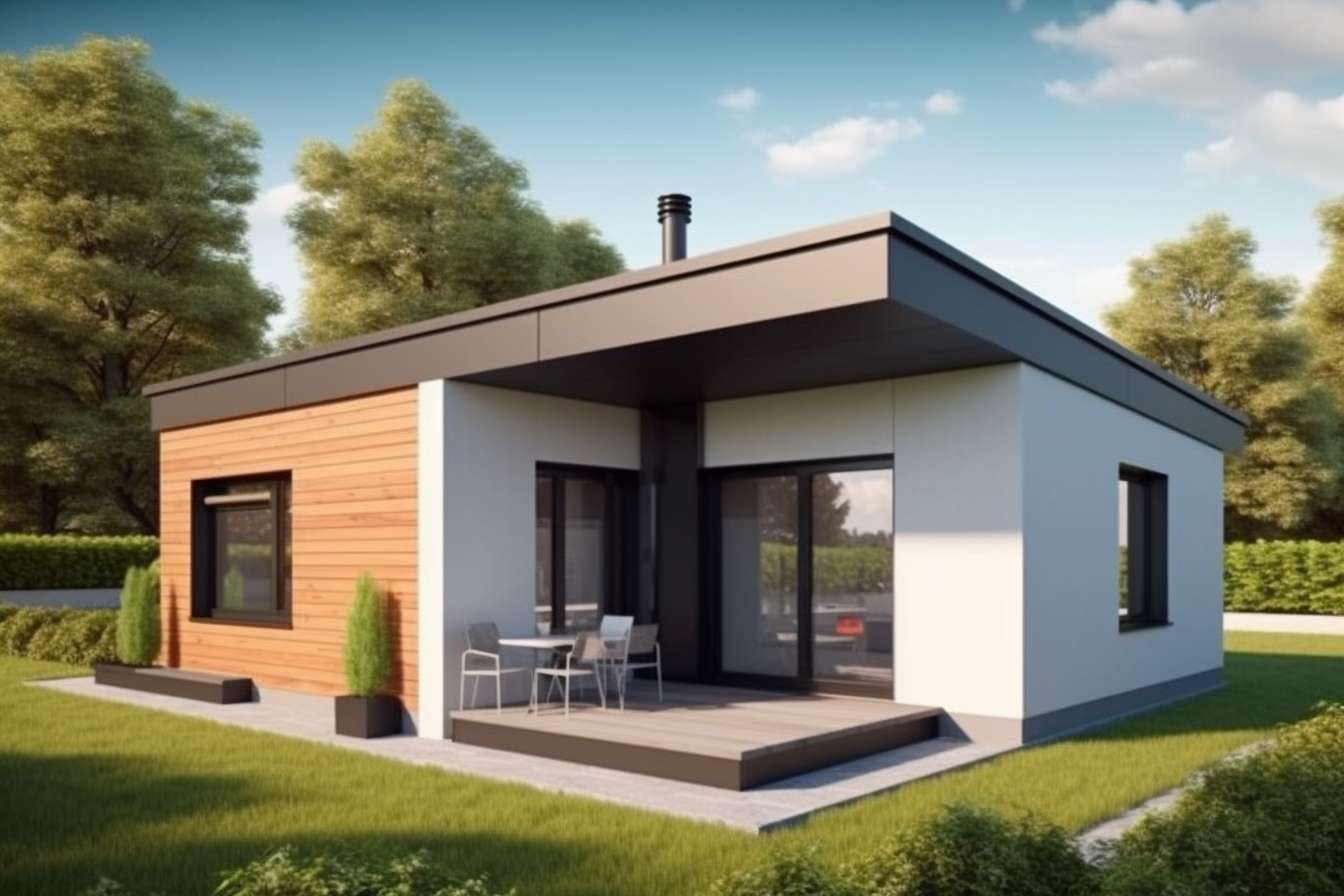Understanding Modular Homes and Your Construction Options
Modular homes are prefabricated structures built in sections and assembled on-site, offering a faster and often more affordable alternative to traditional housing. With customizable designs, energy efficiency, and modern features, they provide a practical solution for comfortable and sustainable living.

What Are Modular Homes and How Do They Work?
Modular homes are permanent residential structures built in sections within climate-controlled manufacturing facilities. Each module undergoes rigorous quality inspections before transport to the building site, where certified contractors assemble the sections on prepared foundations. These homes must comply with the same local and state building codes as traditional stick-built houses, ensuring structural integrity and safety standards. The modular construction process typically reduces build times by 30-50% compared to conventional construction methods, as weather delays and material theft concerns are minimized through indoor manufacturing.
Exploring Different Modular Homes Options
Modern modular construction offers diverse architectural styles and customization possibilities. Single-section homes provide compact living solutions ideal for first-time buyers or those downsizing, while multi-section designs accommodate larger families with spacious floor plans. Ranch-style modular homes remain popular for their accessibility and maintenance ease, whereas two-story models maximize living space on smaller lots. Contemporary modular designs now include energy-efficient features, smart home technology integration, and sustainable building materials. Many manufacturers offer semi-custom options allowing buyers to modify layouts, finishes, and exterior designs within established parameters.
Modular Homes vs Manufactured Homes Comparison
Understanding the distinction between modular and manufactured homes helps buyers make informed decisions. Modular homes are built to local building codes and placed on permanent foundations, making them real property that appreciates in value like traditional homes. Manufactured homes, formerly called mobile homes, are constructed to federal HUD standards and may be placed on permanent foundations or remain on wheels in mobile home parks. Modular homes typically offer superior insulation, materials, and construction quality, resulting in better energy efficiency and longevity. Financing options also differ significantly, with modular homes qualifying for conventional mortgages while manufactured homes may require specialized lending products with different terms.
Quality Standards and Building Codes
Modular construction must meet or exceed all applicable local building codes, zoning requirements, and architectural standards. Third-party inspectors examine each module during various construction phases, often resulting in more thorough quality control than site-built alternatives. State regulatory agencies oversee modular manufacturers, requiring proper licensing and adherence to specific construction standards. Many modular builders achieve certifications from organizations like the Modular Building Institute, demonstrating commitment to industry standards and continuous improvement. The controlled factory environment eliminates weather-related construction issues while enabling precision assembly techniques and materials protection.
Cost Analysis and Provider Comparison
Modular home costs vary significantly based on size, customization level, and regional factors. Basic single-wide modular homes typically range from $40,000-$80,000, while larger multi-section homes can cost $100,000-$300,000 or more before site preparation and foundation work. Total project costs including land preparation, permits, and utilities often add $20,000-$50,000 to base home prices.
| Home Type | Size Range | Base Price Range | Total Project Cost |
|---|---|---|---|
| Single Section | 600-1,200 sq ft | $40,000-$80,000 | $70,000-$130,000 |
| Double Section | 1,200-2,000 sq ft | $80,000-$160,000 | $120,000-$220,000 |
| Triple Section | 1,800-3,000 sq ft | $150,000-$300,000 | $200,000-$400,000 |
| Custom Design | 2,000+ sq ft | $200,000-$500,000 | $280,000-$600,000 |
Prices, rates, or cost estimates mentioned in this article are based on the latest available information but may change over time. Independent research is advised before making financial decisions.
Installation and Timeline Considerations
Successful modular home installation requires careful site preparation and coordination between multiple contractors. Foundation work must be completed before module delivery, with precise measurements ensuring proper alignment during assembly. Professional installation teams typically complete module placement and connections within one to three days, depending on home complexity. Utility connections, finish work, and final inspections may add several weeks to the overall timeline. Buyers should factor in permitting processes, which can take 30-90 days in some municipalities, when planning project schedules.
The modular home industry continues evolving with technological advances and changing consumer preferences. These construction methods offer viable alternatives to traditional building approaches, providing quality housing solutions with predictable costs and timelines. Prospective buyers benefit from researching local manufacturers, understanding zoning requirements, and comparing total project costs when evaluating modular construction for their housing needs.




